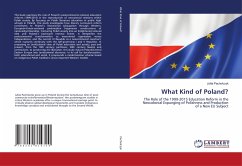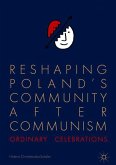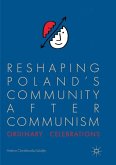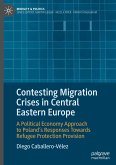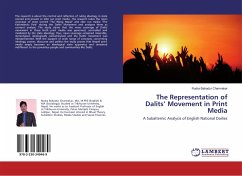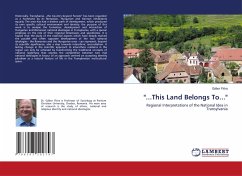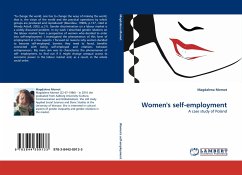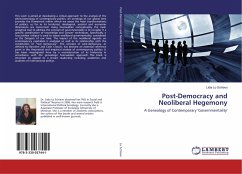This book examines the role of Poland's postcommunist national education reforms (1999-2015) in the reproduction of neocolonial relations within Polish society. By focusing on Polish literature education in public high schools in Poland, this study investigates how literary curriculum reform contributes to Poland's neocolonial subjugation through Western, European-Union-centered postmodern hegemonic constructions of nationality/citizenship, fracturing Polish society into an Enlightened colonial elite and Poland's backward internal Orient. It demystifies the postcommunist transformation as neocolonial oppression versus independence, and the current III Republic as a neocommunist construct, which ruptures continuity with the self-governing I and II Republics. In proposing an (anti)colonial view of Polish education and society, past and present, from the 19th century partitions, 20th century Nazism and communism, to present-day EU liberalism, this study inducts Poland/Central Eastern Europe into (anti)colonial discourse. In its call for decolonization, both educational and social, it propounds a modernization scheme based on indigenous Polish traditions versus imported Western models.
Hinweis: Dieser Artikel kann nur an eine deutsche Lieferadresse ausgeliefert werden.
Hinweis: Dieser Artikel kann nur an eine deutsche Lieferadresse ausgeliefert werden.

